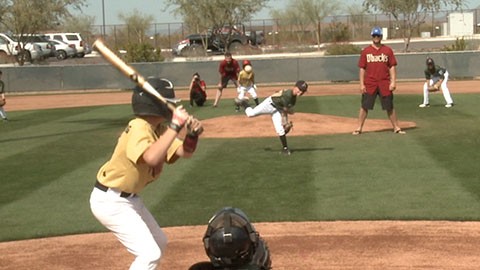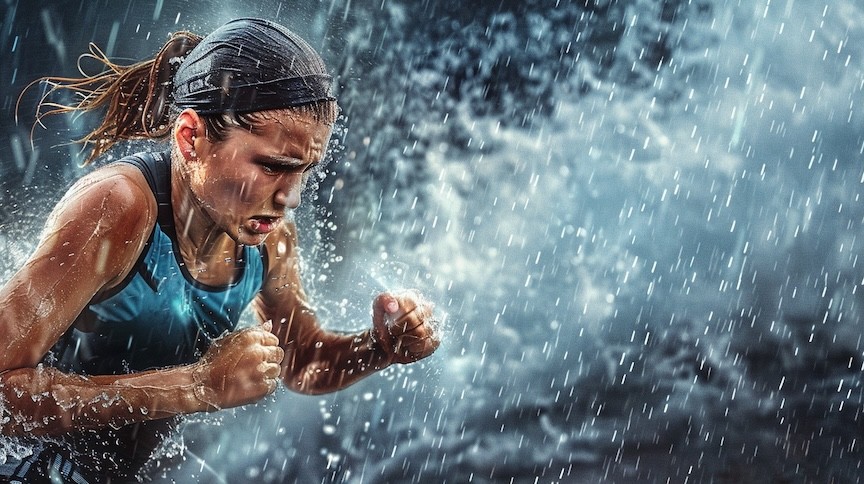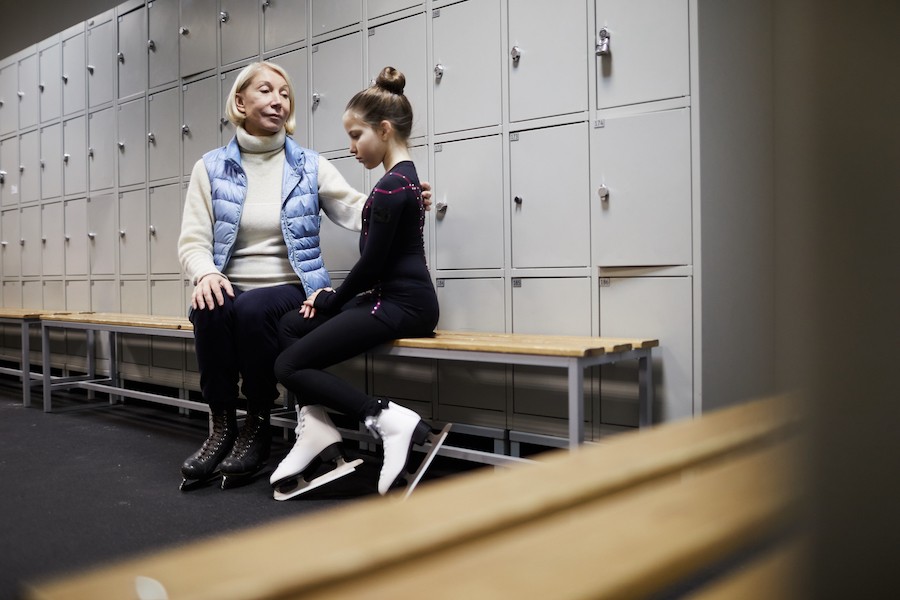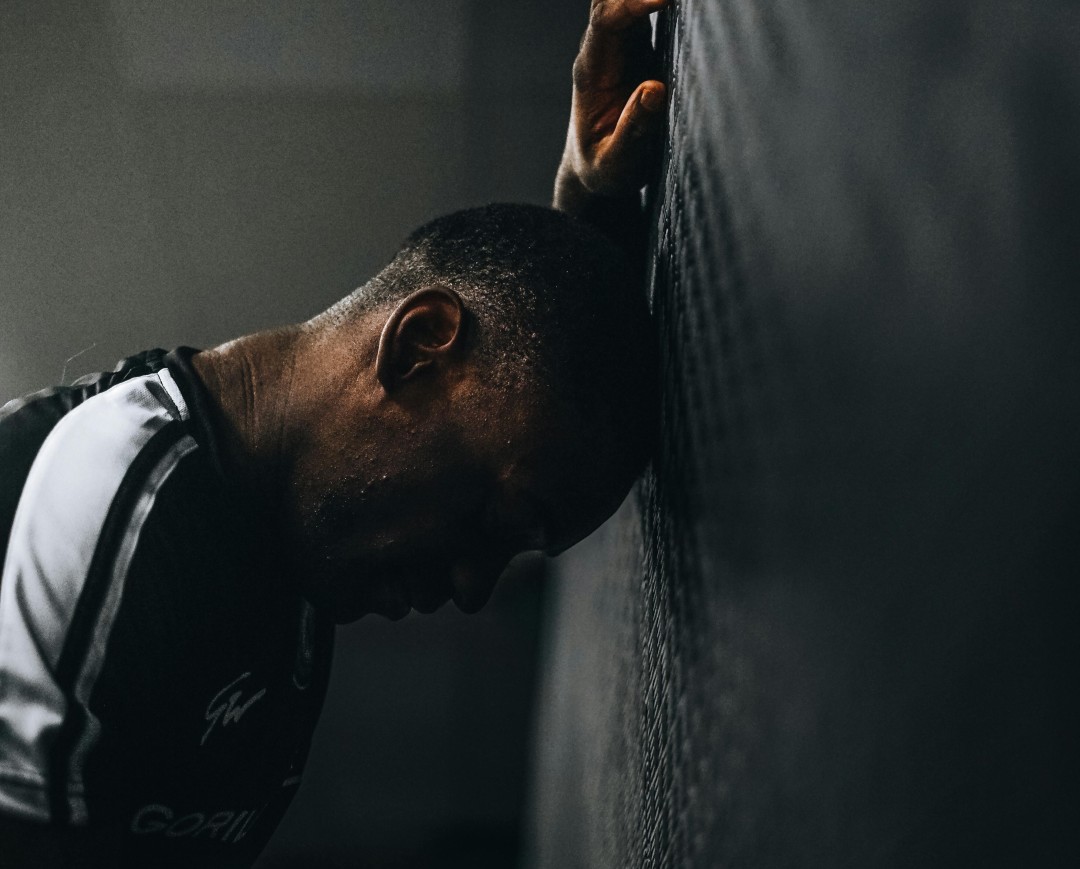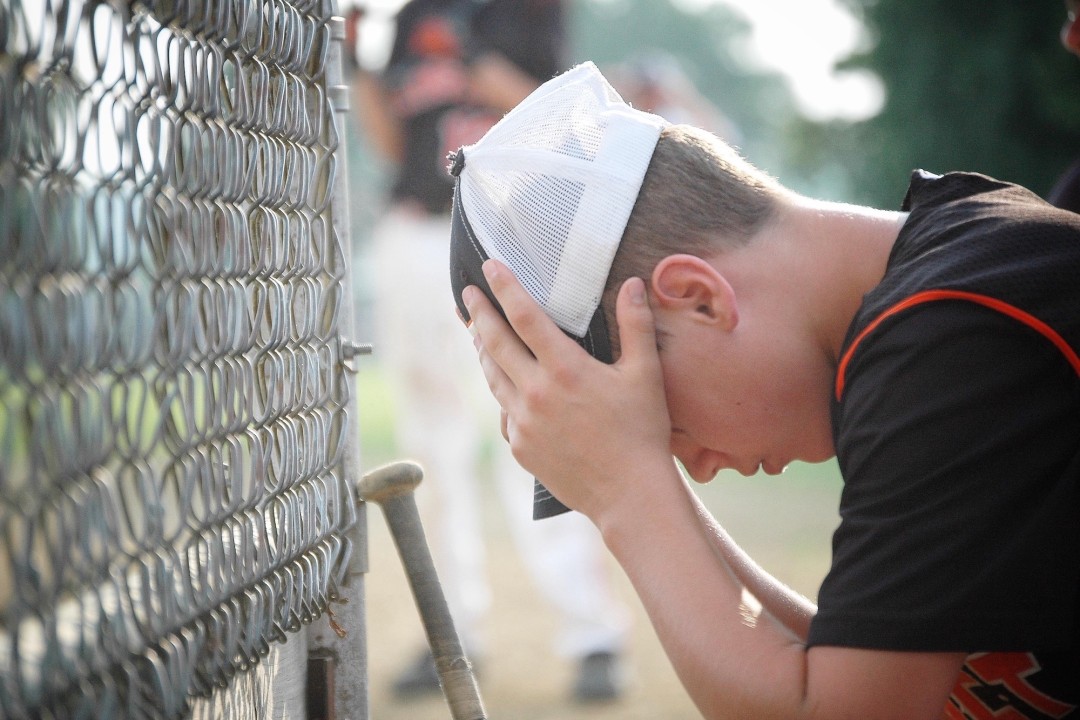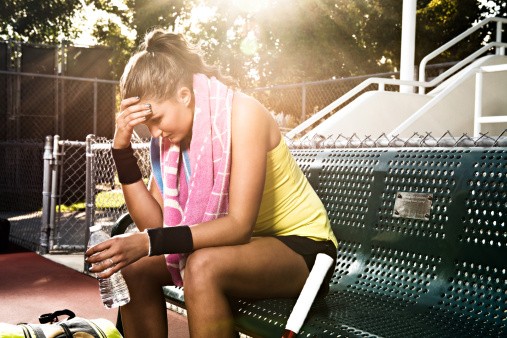How Environment Influences the Mental Toughness of an Athlete
At SPMI we have helped thousands of athletes maximize their full potential. From enhancing their confidence to focusing better under pressure and even learning to love the game again. All of these areas of improvement would not be possible without taking a deeper look at an athlete’s environment. After all, mental toughness isn’t something athletes are simply born with, it’s heavily shaped by their environment. From daily habits to how failure is handled, the space around an athlete constantly influences how they think, feel, and respond under pressure.

